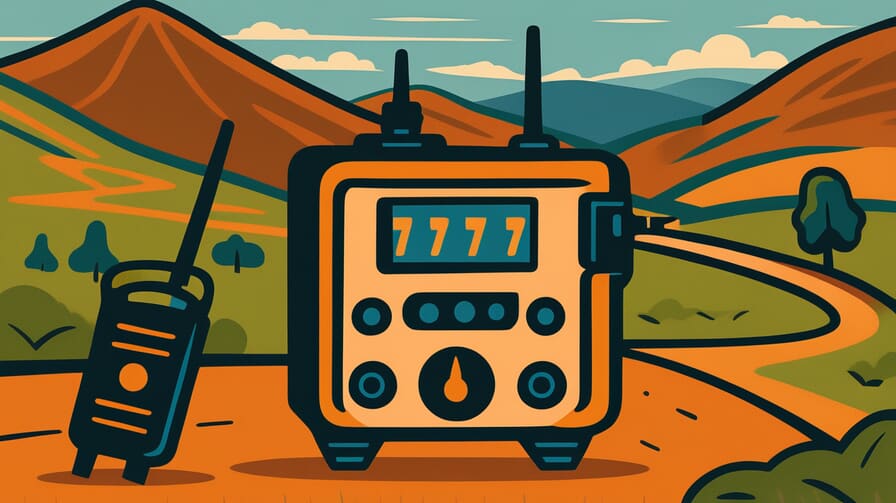[Disclaimer] This article is reconstructed based on information from external sources. Please verify the original source before referring to this content.
News Summary
The following content was published online. A translated summary is presented below. See the source for details.
Indigenous radio stations in Bolivia are facing significant cybersecurity threats, with recent attacks highlighting their vulnerability. A major Quechua-speaking community radio station suffered a cyberattack resulting in the loss of tens of thousands of social media followers. Bolivia ranks 79th globally in cybersecurity preparedness, the lowest in Latin America, leaving Indigenous media particularly exposed. Basic cybersecurity measures are recommended, but the lack of a national strategy and clear policies compounds the risk. Meanwhile, Indigenous digital activists in Mexico have made progress in asserting self-determination regarding artificial intelligence. They have organized summits, proposed Indigenous-led digital infrastructures, and developed autonomous servers to protect community data and internet access. These efforts aim to create AI tools and platforms that preserve Indigenous languages and cultures while promoting technological sovereignty.
Source: globalvoices
Our Commentary
Background and Context

The cybersecurity challenges faced by Indigenous radio stations in Bolivia highlight the digital divide and technological vulnerabilities experienced by marginalized communities. These stations play a crucial role in preserving languages, cultures, and providing information to Indigenous populations, making their protection a matter of cultural preservation and information security.
Expert Analysis
The lack of a comprehensive national cybersecurity strategy in Bolivia leaves Indigenous media outlets particularly exposed to digital threats. While basic security measures are recommended, the absence of institutional support and training creates a significant gap in their ability to defend against sophisticated cyberattacks.
Key points:
- Bolivia’s low ranking in cybersecurity preparedness exacerbates vulnerabilities for Indigenous media
- Lack of clear public policies and national strategy hinders effective protection
- International initiatives like Cultural Survival’s Indigenous Community Media Fund offer some support, but specific cybersecurity assistance is limited
Additional Data and Fact Reinforcement
While comprehensive statistics on cyberattacks against Indigenous radio stations are unavailable, the following facts underscore the severity of the situation:
- Bolivia ranks 79th globally in cybersecurity preparedness
- A major Quechua-speaking community radio station lost tens of thousands of followers due to a cyberattack
- Recommended security measures include two-step verification, strong passwords, and digital education
Related News
In contrast to Bolivia’s challenges, Indigenous digital activists in Mexico have made significant strides in asserting digital self-determination. Their efforts in developing autonomous digital infrastructures and advocating for AI tools that reflect Indigenous worldviews present a potential model for enhancing digital sovereignty and security.
Summary

The cybersecurity threats faced by Indigenous radio stations in Bolivia reveal a critical need for targeted policies and support to protect these vital cultural and informational resources. While grassroots and international efforts provide some assistance, a comprehensive national strategy is essential to address the unique vulnerabilities of Indigenous media in the digital age.


